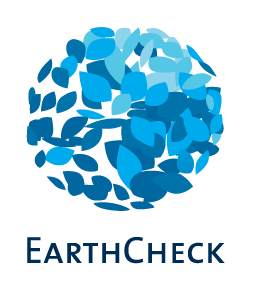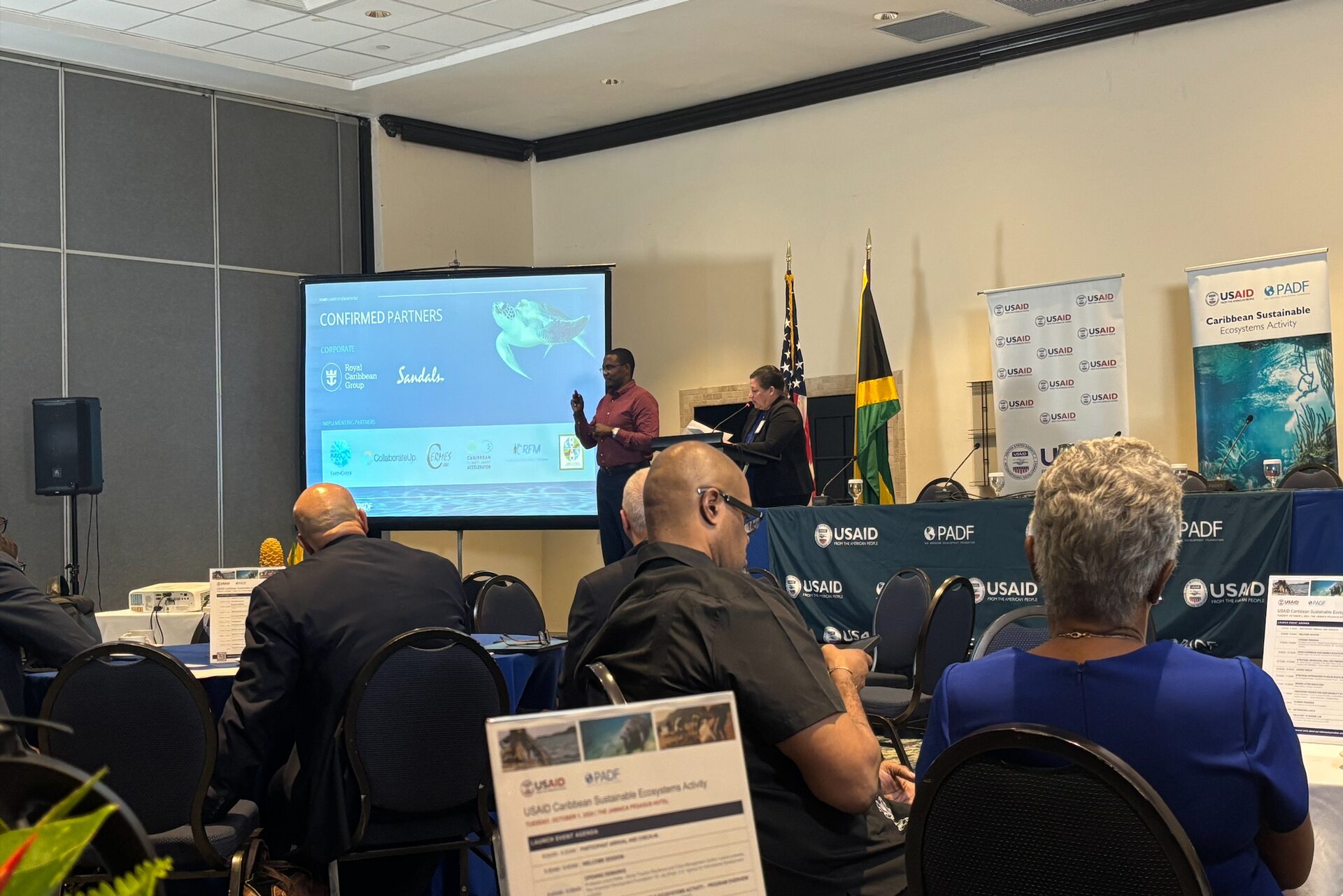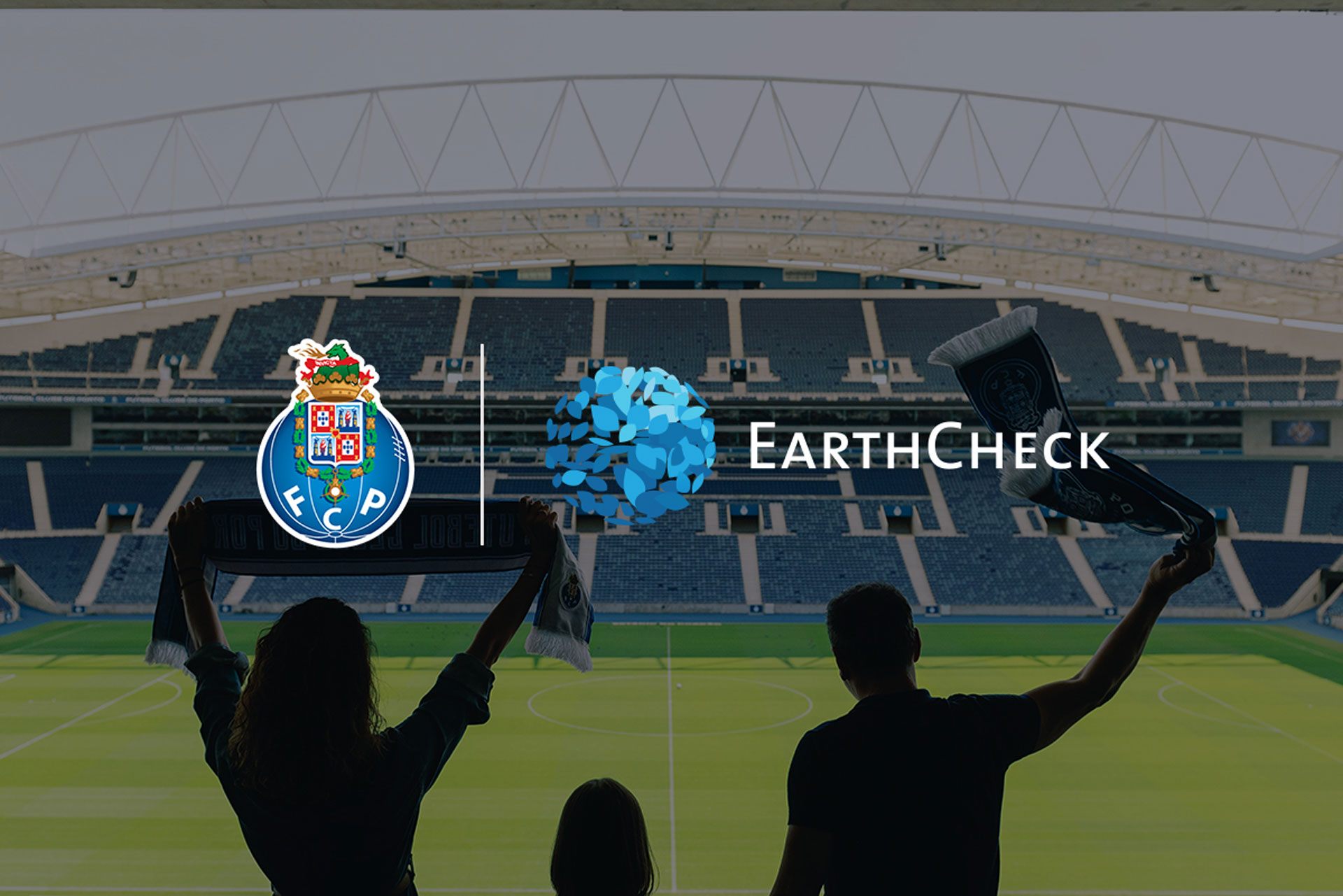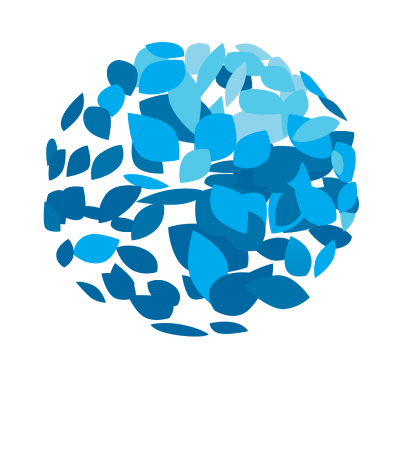Ken and Pam Cruse, founders of the Soul Community Planet (SCP) hotel brand and EarthCheck Certification partners, have made their mark by prioritising conscious consumers.
Ken, SCP’s CEO, and Pam, its Head of Awareness, Brand and Culture, first met in grad school, and both worked for Marriott International after graduating.
In 2018, they struck out on their own with SCP, a US-based brand that owns, operates and redevelops hotels in line with their core values of wellness, social good and sustainability.
Over the last five years, they’ve expanded to 10 hotels, including the recent acquisition of their first property outside the US – the oceanfront SCP Corcovado Wilderness Lodge, a private reserve accessible only by boat on Costa Rica’s Osa Peninsula.
“Pam and I, along with the SCP team, have had the good fortune of working in the hospitality industry for decades,” Ken says.
“We saw a real and growing need for truly regenerative travel experiences, in terms of personal wellbeing, community engagement and stewardship of our planet. This was the genesis of Soul Community Planet.
“Soul, because we value experiences over things, caring for others by first respecting ourselves, naturally putting good into the universe.
“Community, because we think of SCP as a conscious community that thrives on its mindset for good – a living, breathing community of doers and believers. A community that’s mindful, inspired and joyful. A community where no good deed is done for optics, and no action is taken without purpose.
“And Planet, because it’s our privilege to be stewards of this magnificent, infinitely beautiful, innately fragile shiny little marble we all somehow call home. We are each integral to our planet, and so by caring for the world around us, we care for ourselves.”

Travel with a clean conscience
Ken says SCP’s sustainability, regeneration and net zero waste programs and farm-to-table menus are intended to appeal to travellers who share their values.
“The era of conspicuous consumerism has, thankfully, been replaced by conscious consumerism,” he says. “People care more about what they put into their bodies, and how their buying decisions impact others and the planet.
“While social media has been blamed for a lot of the problems we face as a society, I believe social media has also served to bring awareness to the negative impacts of our excess consumption and throw-away behaviours.”
Ken says travel has also helped to open people’s eyes to the practicality of living simpler lifestyles – and, at the same time, made them more conscious of the impact of that travel.
“Travel is a big contributor to global pollution, food waste and CO₂ emissions,” he says. “Every vacation has a direct impact on the environment. But we know that travellers don’t want to be the bad guys. They don’t want to be responsible for making the places they visit worse off. So the planet and travellers alike are asking for us to accommodate regenerative travel options.”
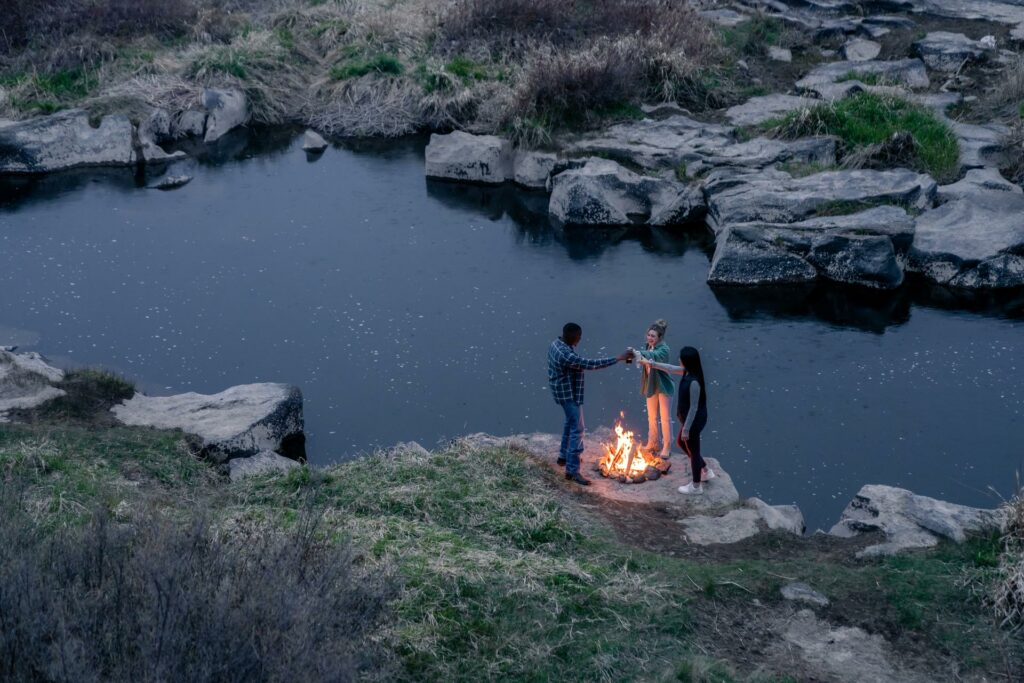
Deeds, not words
SCP’s Every Stay Does Good program is the company’s way of communicating to consumers that by choosing to stay with SCP, they’re making a positive difference.
Among other achievements, the program has seen over 100,000 trees planted on guests’ behalf, as well as over 100,000 ‘Days of Light’ provided to families caring for critically ill children through the company’s partnership with Miracles for Kids.
“At all of our hotels, we have a chalkboard behind the front desk that highlights the impacts guests have made by choosing to stay at an SCP hotel,” Ken says.
“When guests check in, we tally the additional tree planted, the additional Day of Light provided, and the wellbeing resources allocated as a result of that guest’s stay. This is a powerful visual device for underscoring and celebrating the guest for their positive impact.”
SCP also removes trash from local beaches in partnership with the Hawaii Wildlife Fund, as part of its program to restore ‘makai’ (the seaside).
“We’re making strong progress in a number of areas,” Ken says, “but I’d say our net zero waste and our Pristine Beach programs are two that we’re very proud of.
“In the case of Pristine Makai – Makai is Hawaiian for beach – for each guest that stays at our SCP Hilo Hotel in Hawaii, we remove a kilogram of trash from an ecologically sensitive beach at the southern tip of the big island, because one kilogram is the estimated amount of incremental trash that’s generated during a typical hotel stay.
“Nearly all of the trash that is recovered does not come from Hawaii residents or tourists – it drifts to the island from the Great Pacific Garbage Patch. To date, this program has recovered over 21,000 kilograms of manmade debris from this ecologically sensitive area.
“SCP has instituted a similar program – Pristine Playa – at our SCP Corcovado Wilderness Lodge in Costa Rica.”
Ken says these programs – and the engaged team members who deliver them – help to drive guest loyalty.
“It leads to a shared sense of purpose, as opposed to the traditional business vs consumer relationship,” he says. “That leads to authentic guest loyalty, which is our most powerful tool for building brand awareness, driving new guest conversions and creating lasting brand advocacy.”
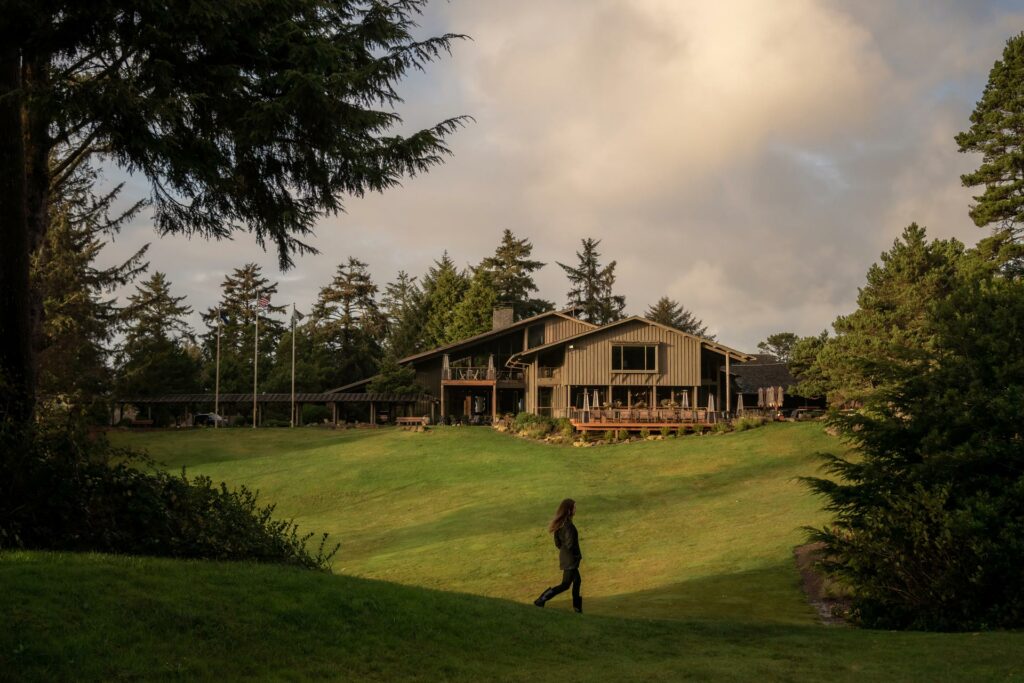
Check, please
Crucially, Ken and Pam don’t expect guests to simply take their word for it about their sustainability initiatives.
Instead, they have their efforts independently audited and certified by EarthCheck, the world’s leading scientific benchmarking, certification and advisory group for sustainable travel and tourism.
“Working with a strong third-party certification group such as EarthCheck goes a long way to minimise the risk of being perceived as a ‘greenwasher’,” Ken says.
“Having a very rigorous third party like EarthCheck verifying our math and providing us with information about best practices, and opportunities to learn from other businesses that are focused on sustainability, is invaluable.
“EarthCheck’s case studies, resources and Relationship Managers all provide immense value to our regenerative business practice aspirations.”
Ken says being EarthCheck Certified has also been key to the brand’s recent international expansion.
“It’s very important,” he says. “The United States is, unfortunately, running behind in many aspects of sustainability, but it’s important for us to have a presence in markets such as Costa Rica that are known for strong environmental and regenerative tourism practices.
“EarthCheck’s certification of our international properties is a very important element of our strategy, as this will help us to leverage our cutting edge regenerative travel practices across our portfolio.”
André Russ, EarthCheck’s Vice President of Business Development & Sales, says SCP’s commitment to supporting and promoting sustainability exemplifies the EarthCheck member ethos.
“Sustainability is integral to our global membership,” he says, “from a renewed desire to source locally, to the need to consider climate impact and support local communities. It’s essential for the resilience and longevity of their brands, their communities and their environments.”
Ultimately, Ken acknowledges that sustainability is a journey his brand will always be on – which is why the phrase ‘We accept that we will never be perfect, however, we always strive to be better’ is hand-painted on a wall of each of SCP’s hotels.
“As proud as we are of the progress we’ve made, we know we are – and always will be – far from perfect,” he says. “We acknowledge both our imperfections and our prioritisation of continual improvement, and we invite collaboration and constructive feedback from our team, our guests, and stakeholders such as EarthCheck.
“With that in mind, it’s incumbent on all players in the industry to help address these issues. We’ve held ourselves accountable to some very challenging standards, such as our net zero waste standard and the fact that we’re committed to achieving rigorous EarthCheck certifications at all of our properties.
“We’re hoping to inspire others to follow suit in holding ourselves accountable for providing the most regenerative experiences possible. If we can do it, so can the major brand families!”
Learn more about how your organisation can achieve EarthCheck certification here.
